New!
New additions to the space this year include a Virtual Reality Station, and an iPad Media Creation Kiosk.
The Learning Innovation and Faculty Engagement (LIFE) team partners with faculty members, academic units, and other university stakeholders to advance the culture of teaching and learning at the U. Our goal is to empower faculty members and others to create innovative, effective, and meaningful learning experiences through learner-centered and active learning pedagogies, differentiated teaching and learning platforms, and emerging educational technologies.
This 2018 Annual Report features highlights from the team’s accomplishments and successes across the university during the 2017-2018 academic year. Since it’s impossible to fully encompass all of the day-to-day achievements that we make alongside faculty members and university partners, this report focuses on highlights and snapshots that demonstrate our impact at the university. Our hope is that we can share our story with the broader university community so that we can continue to expand our reach to new partners and collaborators.
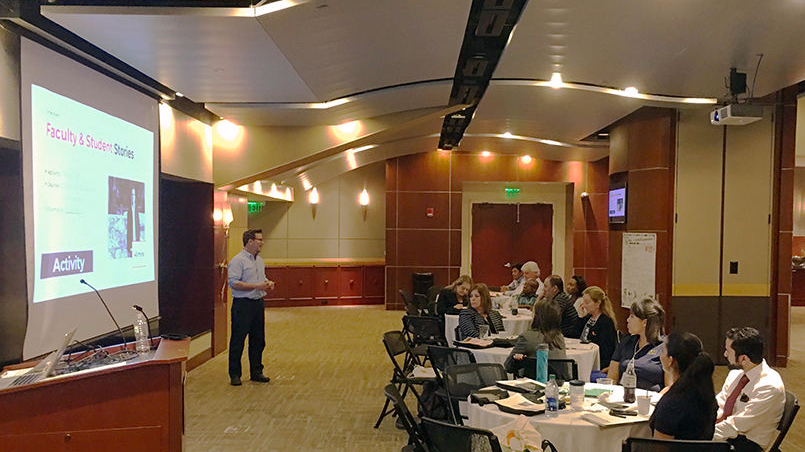
Our final activities included the facilitation of a two-day Narrative Techniques workshop, freely open to members of the educational community. Through structured activities, University of Miami faculty introduced participants from four South Florida universities to six teaching and learning techniques: faculty and student stories, case studies, role-playing activities, student-generated media, open-ended problems, and simple simulations.
The Learning Innovation and Faculty Engagement team also partnered with the Division of Continuing and International Education, and faculty fellows on the design and development of six free online modules, each covering one of the narrative techniques.
Lastly, two members of the Learning Innovation and Faculty Engagement team presented on narrative techniques at the 2018 EDUCAUSE Learning Initiative Annual Meeting. Through these efforts, our work in this area continues to impact the educational community at UM and beyond.

Lorem ipsum dolor sit amet, consectetur adipisicing elit. Autem laudantium in adipisci ipsa optio quas id excepturi non, eos cupiditate, necessitatibus sapiente illo error. Vero adipisci quidem aut itaque labore.
We were delighted to continue our partnership with Summer Writing Institute (SWI), led by Adina Sanchez-Garcia & April Mann and present to faculty fellows from the College of Arts and Sciences. We joined a diverse group of faculty from across the college, including Modern Languages and Literature, Anthropology, History, Sociology, Art and Art History.
Based on the goals of the faculty and the SWI, we led a workshop on writing-related technologies to support first drafts, discussions and the presentation of findings. Each member of staff was given the opportunity to create a short personal narrative, share and gather feedback and visualize their story using a graphic design tool.
After the impact of Hurricane Irma to course schedules, faculty from the Modern Languages and Literature partnered with LIFE to explore ways to teach remotely or introduce online learning activities to ensure students could meet their learning goals for the course.
During the Fall semester, 24 members of faculty from the Modern Language and Literatures department attended a 2-hour workshop on designing online learning experiences. The workshop focused on the process of reflecting on existing topic and outcomes, and translating this for online interactions. The workshop included templates, peer-reflection opportunities and opportunities to play with technologies, including Sutori, Adobe Spark, Blackboard Collaborate Ultra, Google Docs. This workshop provided faculty the space to reflect on their practice with their colleagues.
In Fall 2018, we led a three-hour workshop within one of the new, flexible classroom spaces at the College of Engineering. Over sixteen members of faculty from multiple departments attended to explore ways to engage students on the first day of class. Scheduled before the Fall semester, this workshop provided a practical opportunity for faculty to design a new activity for the first day, share and test this out with their colleagues.
Following the positive feedback from Engineering faculty of the ‘Win Day One’ workshop, the Graduate School requested a similar workshop to prepare graduate students with teaching responsibilities in designing a “winning first day”. The LIFE team partnered with Tatiana Perrino (School of Nursing and Health Studies), Tiffany Plantan (Graduate School) and Derin Ural (College of Engineering) to tailor the workshop resources specifically for graduate students interested in honing their teaching effectiveness. A total of 18 graduate students participated in this workshop.
Tatiana Perrino, Psy.D., Associate Professor, Public Health Sciences:
"On behalf of the Graduate School, thank you again for the excellent workshop you provided to graduate students today on ‘Planning for a Winning First Day’. It was dynamic, engaging and so thought-provoking (even with the 1 hour time constraint!) It was also nice to see the teaching work and resources from COE and Academic Technologies showcased through the workshop. As you can tell from the verbal feedback, it was well-received by the students as evidenced by their requests for more sessions. I know how busy you are, but the Graduate School would love to support this in any way we can. Graduate students are often asking us about tools and sessions to build their skills and prepare them for teaching.”
Lastly, two members of the Learning Innovation and Faculty Engagement team presented on narrative techniques at the 2018 EDUCAUSE Learning Initiative Annual Meeting. Through these efforts, our work in this area continues to impact the educational community at UM and beyond
Lorem ipsum dolor sit amet, consectetur adipisicing elit. Autem laudantium in adipisci ipsa optio quas id excepturi non, eos cupiditate, necessitatibus sapiente illo error. Vero adipisci quidem aut itaque labore.
New additions to the space this year include a Virtual Reality Station, and an iPad Media Creation Kiosk.
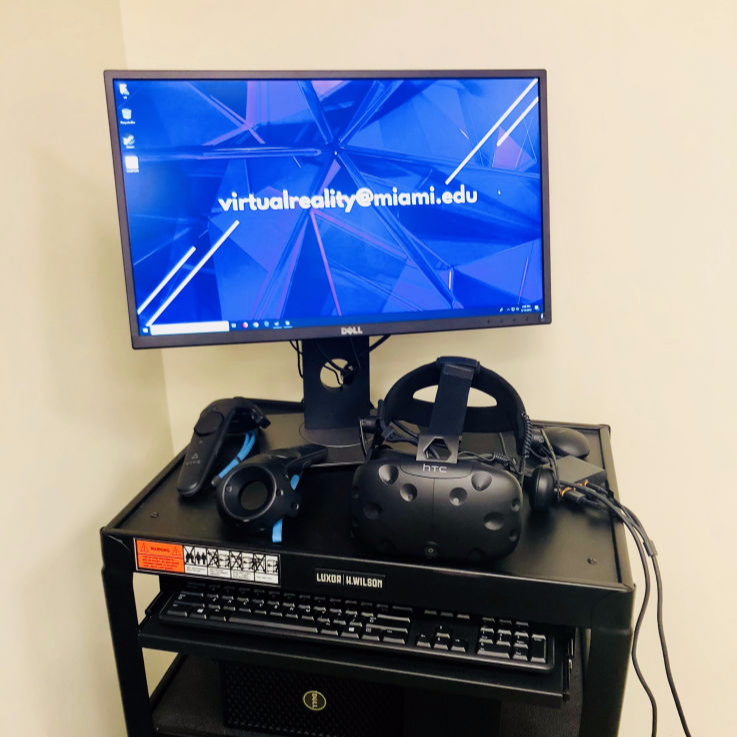
The team uses the Faculty Exploratory as a meeting space for faculty development initiatives such as the Faculty Learning Communities.
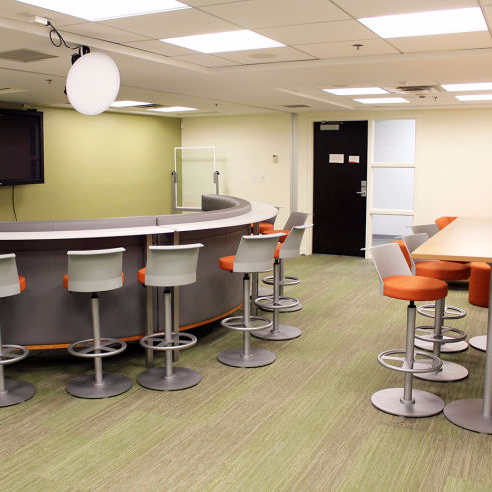
The room also comes equipped with a One Button Studio and a Lightboard.
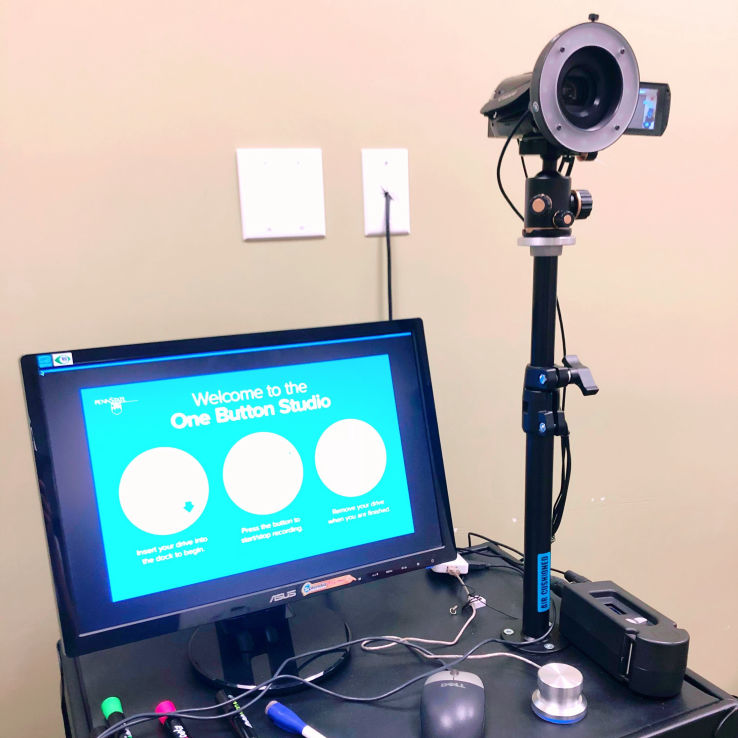
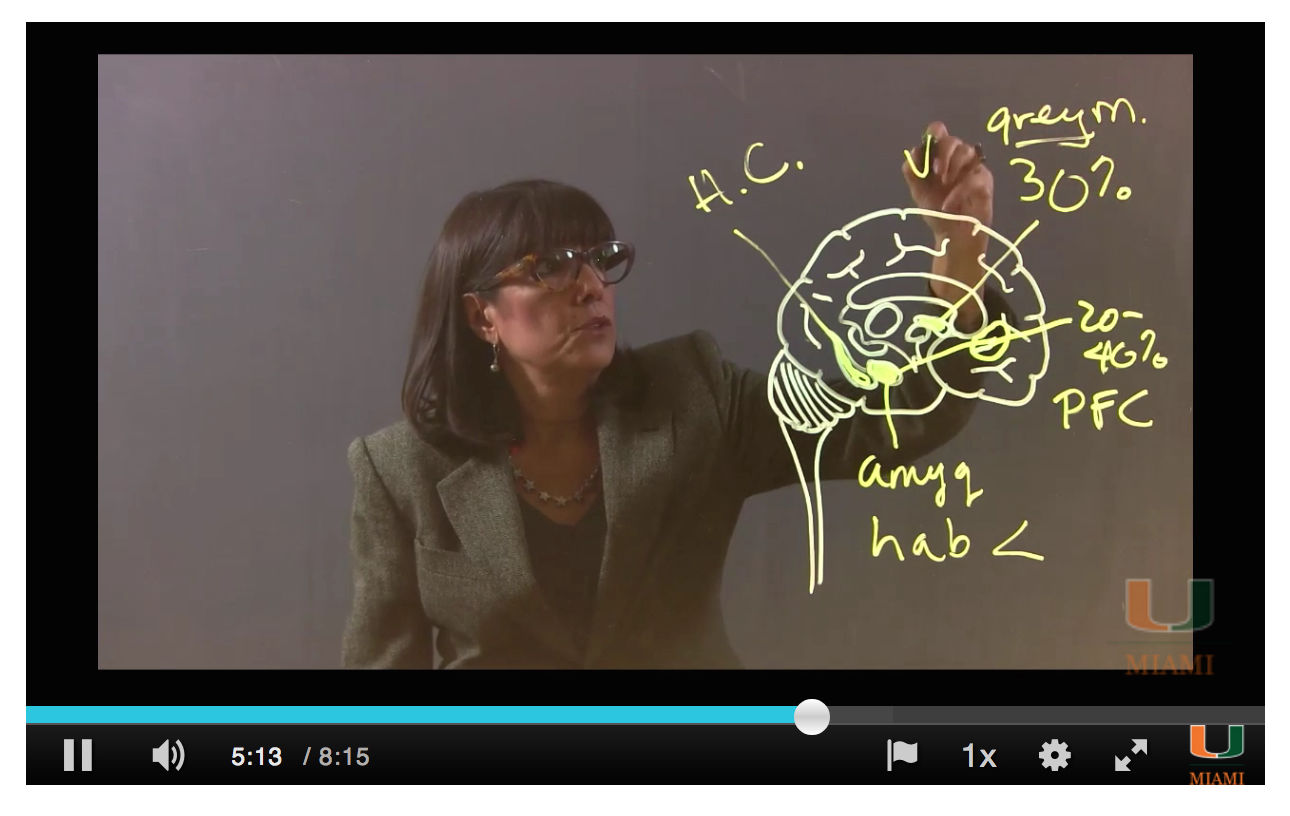
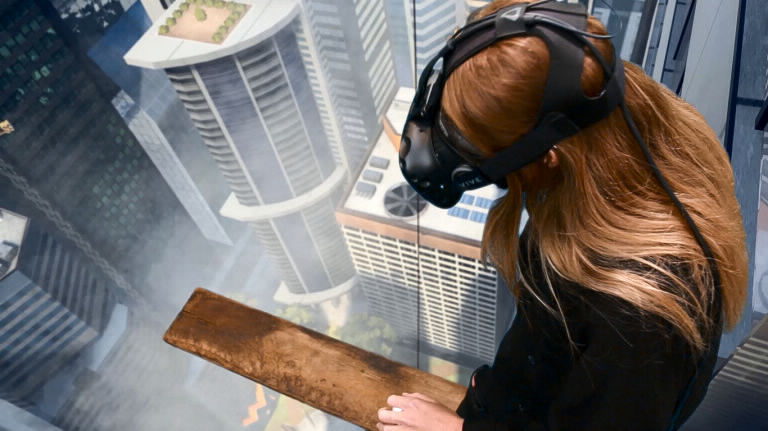
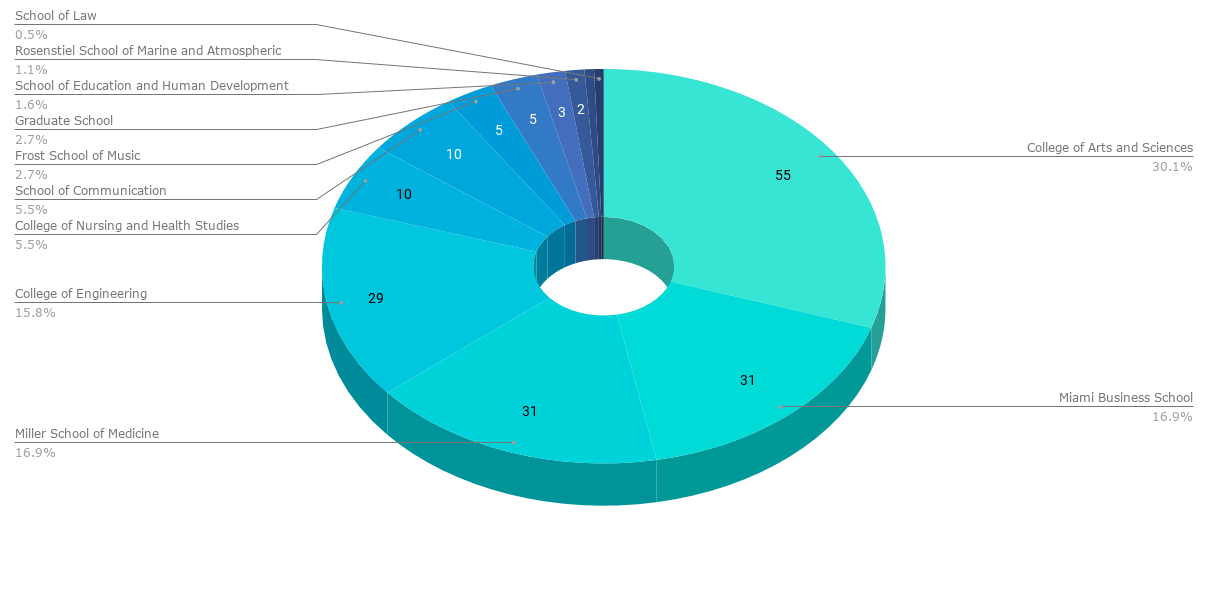
Billie Lynn, Sculpture
3D Printed Sculpture using the Sculpture Studio's 3D Printers.
Karen Mathews, Art and Art History
Digital Dossier with 3D Scanning, Modelling and Printing of Lowe Museum Artifacts.
Shayne Hauglum, Nursing Anesthesia
Performing an Emergency Cricothyrotomy using a 3D Printed Layrnx within Simulation Lab Sessions.
Stephen Di Benedetto, Theatre Arts
360 Spherical Video Capstone Projects and a Partnership with Interactive Media for the Deering Estate Plays.
Justin Stoler, Public Health
Public Service Announcements using iMovie and Adobe Spark
Manny Rossi, Italian
“Cibervoce” Videos with Adobe Spark
Marisa Omori, Sociology
Infographics and Data Visualization
Nick Petersen, Criminology
Jail Tour Podcast with Audacity
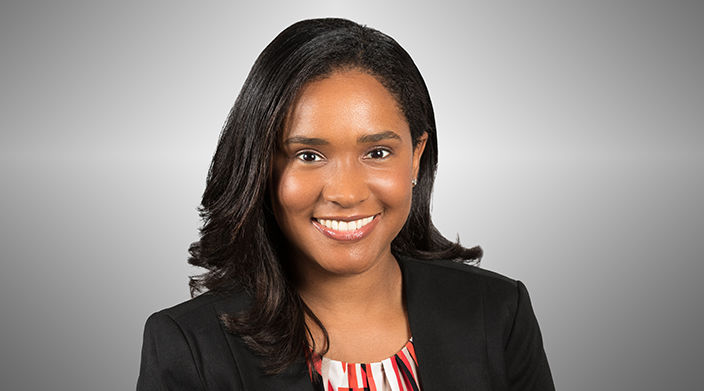
This year, the Learning Innovation and Faculty Engagement team welcomed Renee Evans, Senior Instructional Designer with the College of Engineering. Renee works closely with CoE faculty members to design courses using student-centered, active learning pedagogies and innovative educational technologies. She will support the College’s Active Learning Initiative by providing instructional design support and guidance to faculty members in workshops and one-on-one consultations and participate in strategic planning and evaluation of educational efforts.
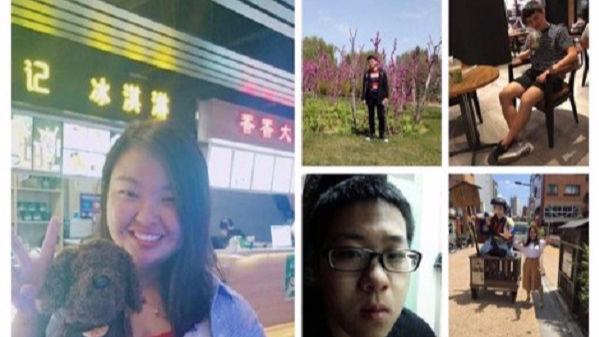
In Fall 2017, Michael Scordilis, Associate Professor in Practice in the Department of Electrical and Computer Engineering conducted a pilot program with Henan University for his ‘Electrical Circuit Theory’ course. Ten (10) student groups from UM and 10 student groups from HU overcame a 13 hour time difference and worked together using WeChat to design a portable security system. The portable security system that the students designed had to maximize the time the circuit would monitor the premises while minimizing the components used.
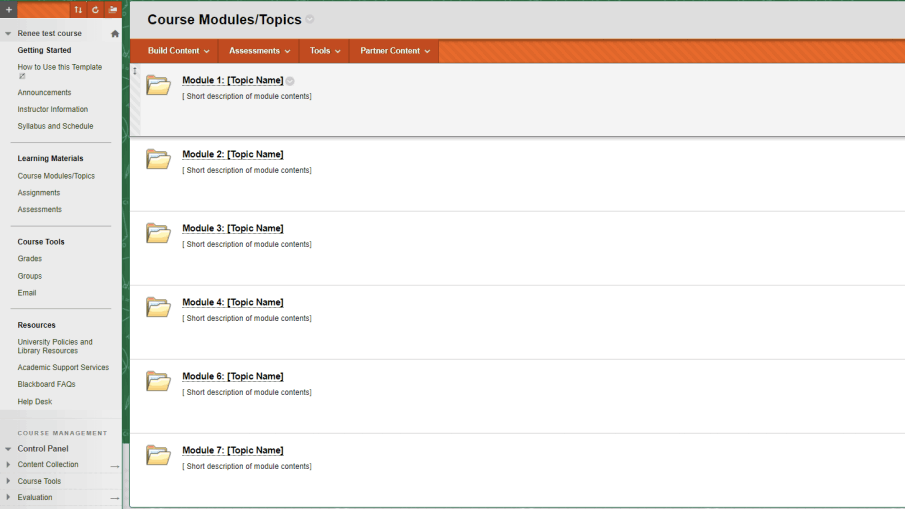
A new course template was deployed to all engineering courses over the summer of 2018 on Blackboard. With the College of Engineering’s active learning initiative in mind the template provides consistency and ease of use for students as well as help faculty to build learning experiences that are meaningful for students. The new template is pre-loaded with placeholders for content that can be customized to fit the needs of a class we well as provide important information about university policies, library resources, academic support services and more.

The LIFE team and Academic Technologies have been featured in Veritas, Olin College and the College of Engineering website in recognition of their partnership with the College of Engineering.
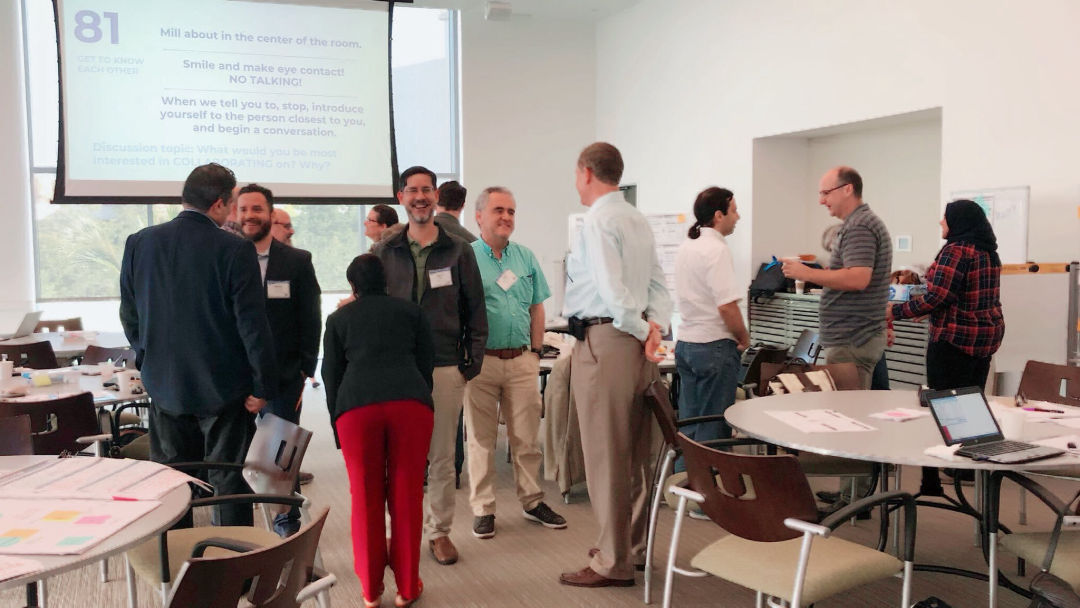
This Spring 2018, led by Vanessa Rodriguez, Manager of the Creative Studio, LIFE joined a working group of faculty and staff involved in 3D Printing, and other fabrication technologies to discuss 3D printing in our areas, and how we can raise awareness and share resources for research, teaching and learning needs. The working group currently includes faculty and staff from the University of Miami Libraries, Academic Technologies, School of Architecture, College of Engineering and School of Communication.
The Learning Innovation and Faculty Engagement team hosted the inaugural Miami Teaching, Learning, and Technology Collective on December 5, 2017. At this cross-institutional, collaborative information-sharing event, contingents from the University of Miami, Florida International University, and Miami Dade College shared short presentations and facilitated discussions relating to their respective contexts, successes, and challenges.
As a result of the MTLTC collaboration, LIFE team member Gemma Henderson was invited to facilitate session at two of MDC’s professional development events, and a group from FIU’s Center for the Advancement of Teaching paid a visit to LIFE’s spaces at UM.
The next MTLTC event is tentatively scheduled for December 2018.
The Faculty Showcase is an opportunity for faculty to present, share, network, and discover the fascinating and innovative ways fellow colleagues are employing technology and effective teaching strategies in their courses. After taking into consideration feedback from our partner faculty and other university stakeholders, this year we changed the date of our annual Faculty Showcase to Thursday, October 18, 2018. We hope you will join us at this year’s event!
Acevedo, M. & Roque, G. (in press). Resisting the deprofessionalization of Instructional Design. In Y. Vovides & L.R. Lemus (Ed.), Optimizing instructional design methods in higher education. Hershey, PA: IGI Global.
Roque, G., Rodriguez, I. & Acevedo, M. (2018) [Review of the book Distance education: Statewide, institutional, and international applications: Readings from the pages of Distance Learning Journal by M. Simonson]. New Horizons in Adult Education and Human Development, 30 (2), 66-68.
Acevedo, M. & Molina, N. (2018). The panoptic gaze and the discourse of academic integrity. Concurrent session presented at the United States Distance Learning Association National Conference, Indianapolis, IN. April 29-May 2.
Acevedo, M. (2018). The autopsy of quality in online higher education. Paper presented at the Southeast Philosophy of Education Society 70th Annual Meeting, Chatanooga, TN. February 2-3.
Green, D. (2018). A Gap Analysis of Course Directors’ Effective Implementation of Technology-enriched Course Designs: An Innovation Study. University of Southern California Digital Library. Los Angeles, CA. 256 pp.
Green, D. in review. Leading organizational change within a nested accountability structure: A novel conceptualization of practice.
Green, D. in review. Could a Dean of Creativity enrich nontraditional medical education Initiatives?
Green, D. & Crispen, P. in review. Nurturing creativity: Using the questionstorming technique for root cause analysis.
Green, D. in review. Translating sixty developmental minutes into organizational change.
Green, D. in prep. Site-specific augmented medical education within a shared curricular Ecosystem.
Green DPJ. 2017. A Gap Analysis of Course Directors’ Effective Implementation of Technology-enriched Course Designs: An Innovation Study. University of Southern California Rossier School of Education Seminar. Los Angeles, California. (oral)
Green DPJ & Molina N. 2017. Advancing the teaching and learning culture through faculty learning communities. Miami Teaching, Learning, and Technology Collective Seminar. Miami, Florida (oral)
Senvisky J & Green DPJ. 2017. Generating an interactive concept map to encourage self-regulation for preclinical learners. Innovations in Medical Education Conference at USC-Keck School of Medicine. Los Angeles, California. (poster)
Henderson, G. & Molina, N. (2018). Call to Adventure: Humanizing Online Learning through Storytelling Techniques. Poster presented at ELI Annual Meeting; January 31; New Orleans.
Henderson, G. (2018). ELI/Penn State ID2ID Peer Mentoring Program 2018. [online] Credly.com. Available at: https://credly.com/credit/14488873 [Accessed 26 Jan. 2018].
Kendall, M. R., Basalo, I., Coso Strong, A., Williams, M. C., Henderson, G., & Ural, D. (2018). Co-designing a Research Agenda to Amplify Engineering Education Efforts at HSIs. Workshop conducted at American Society for Engineering Education Annual Conference and Exposition; Sunday Salt Lake City.
Kendall, M. R., Basalo, I., Coso Strong, A., Williams, M. C., Henderson, G., & Ural, D. (2018). Rethinking Engineering Education at HSIs. Workshop conducted at the University of Miami; April 26-27, Miami.
Henderson, G. (2018) 3D Technologies: Implications and Stories of Success. Presentation at Miami Teaching, Learning, and Technology Collective; December 5th; Miami.
Henderson, G. (2018) 3D Technologies: Implications and Stories of Success. Presentation at Miami Dade College Conference Day; March 1st; Miami.
Henderson, G. (2018) 3D Printing, Scanning and Visualization. Presentation at Miami Dade College Spring Break Design Your Own Seminar; May 6th-7th; Miami.
Brillat, A., Molina, N., Henderson, G. (2018): Case Study - Academic Libraries and Academic Technologies: Leading a Culture of Collaboration for Faculty Development at the University of Miami. Found in The Savvy Academic Librarian’s Guide to Technological Innovation: Moving beyond the Wow Factor (LITA Guides).
Acevedo, M. & Molina, N. (2018). The panoptic gaze and the discourse of academic integrity. Concurrent session presented at the United States Distance Learning Association National Conference, Indianapolis, IN. April 29-May 2
Brillat, A., Molina, N., Henderson, G. (2018): Case Study - Academic Libraries and Academic Technologies: Leading a Culture of Collaboration for Faculty Development at the University of Miami. Found in The Savvy Academic Librarian’s Guide to Technological Innovation: Moving beyond the Wow Factor (LITA Guides).
Freire, C. & Molina, N. (2018). [Review of the book Disrupting Adult and Community Education: Teaching, Learning, and Working in the Periphery, by R. C. Mizzie, T.S. Rocco, & S. Shore]. New Horizons in Adult Education & Human Resource Development, 30(3), 72-74.
Henderson, G. & Molina, N. (2018). Call to Adventure: Humanizing Online Learning through Storytelling Techniques. Poster presented at ELI Annual Meeting; Wednesday, January 31; New Orleans.
Hussin, R., Molina, N., Abebe, F. (2018). Structured Mentoring in ID Development. Concurrent session presented at the United States Distance Learning Association National Conference, Indianapolis, IN. April 29-May 2
Molina, N. (2018). Participation in ELI/Penn State ID2ID Peer Mentoring Program 2018. [online]
Molina, N. & Green, D. (2018) Advancing the Teaching and Learning Culture through Faculty Learning Communities. Presentation at Miami Teaching, Learning, and Technology Collective; December 5th; Miami.
As evidenced in this report, the Learning Innovation and Faculty Engagement team has made a meaningful and lasting impact with our partnerships and collaborations over the past year, and we look forward to building on our successes in the coming year. As part of our mission to promote a positive and innovative culture of teaching and learning at the University of Miami, we aspire to build our capacity to expand our reach across the institution, enabling us to forge new partnerships with faculty members, academic units, and other university stakeholders. If you’ve worked with us before, attended one of our events, or used one of our teaching and learning spaces, we hope that you will share the stories of your successes with your colleagues and peers
